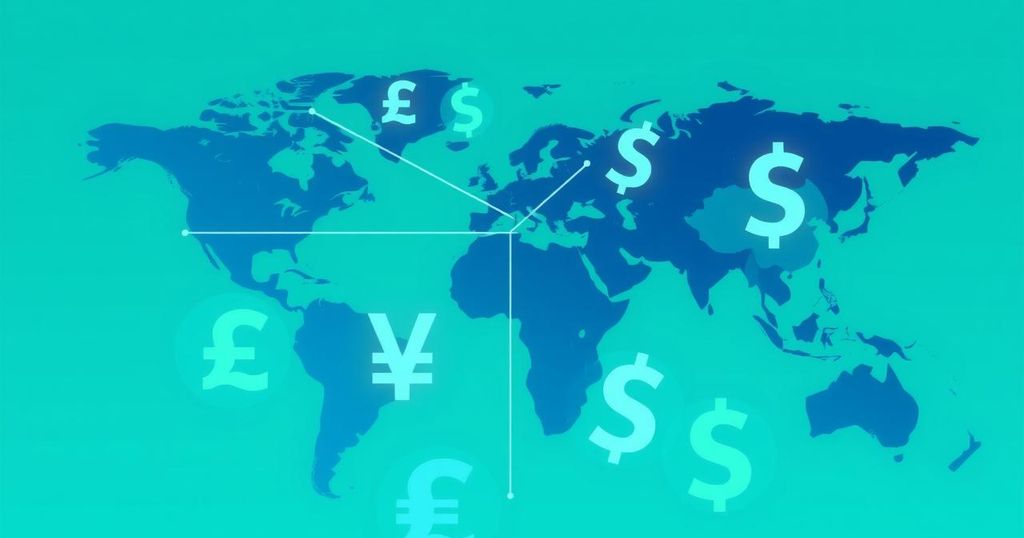The Democratic Republic of Congo has filed a legal case against Apple for allegedly using conflict minerals in its supply chain. This legal action seeks to address the exploitation of resources known as “blood minerals” that contribute to conflict in the region. As scrutiny increases on companies’ sourcing practices, this case may catalyze broader accountability in the industry.
The Democratic Republic of Congo (DRC) has initiated a groundbreaking legal case against Apple, alleging the tech giant’s utilization of conflict minerals in its supply chain. This legal action brings to light the issue of “blood minerals”—especially tantalum, tin, tungsten, gold, cobalt, coltan, and lithium—that are procured from conflict-ridden regions, significantly in eastern Congo. These minerals are vital for advanced technology products, but their extraction often exploits local communities and fuels ongoing conflict. The lawsuit is seen as a potential catalyst for increased scrutiny and accountability in corporate practices surrounding resource sourcing.
The term “conflict minerals” encompasses minerals that are sourced from areas plagued by conflict and instability. The Organisation for Economic Co-operation and Development (OECD) defines these as crucial resources including tantalum, tin, tungsten, gold, cobalt, coltan, and lithium. The DRC, rich in these minerals, faces challenges regarding illegal mining operations and human rights abuses associated with their extraction. There have been efforts, notably by NGOs like Global Witness, to regulate the trade of these minerals and promote ethical sourcing, which have gained traction in international discussions.
The legal proceedings against Apple represent not only a local struggle for justice in the DRC but also a significant global issue regarding corporate responsibility. As scrutiny of supply chains intensifies, the outcome of this case may set a precedent for future legal actions against companies implicated in the trade of conflict minerals. It underscores the importance of ethical sourcing and the responsibilities of tech firms in ensuring they do not inadvertently support exploitative practices. The attention this case has garnered may indeed signal a turning point in the fight against the misuse of conflict minerals.
Original Source: www.rfi.fr




